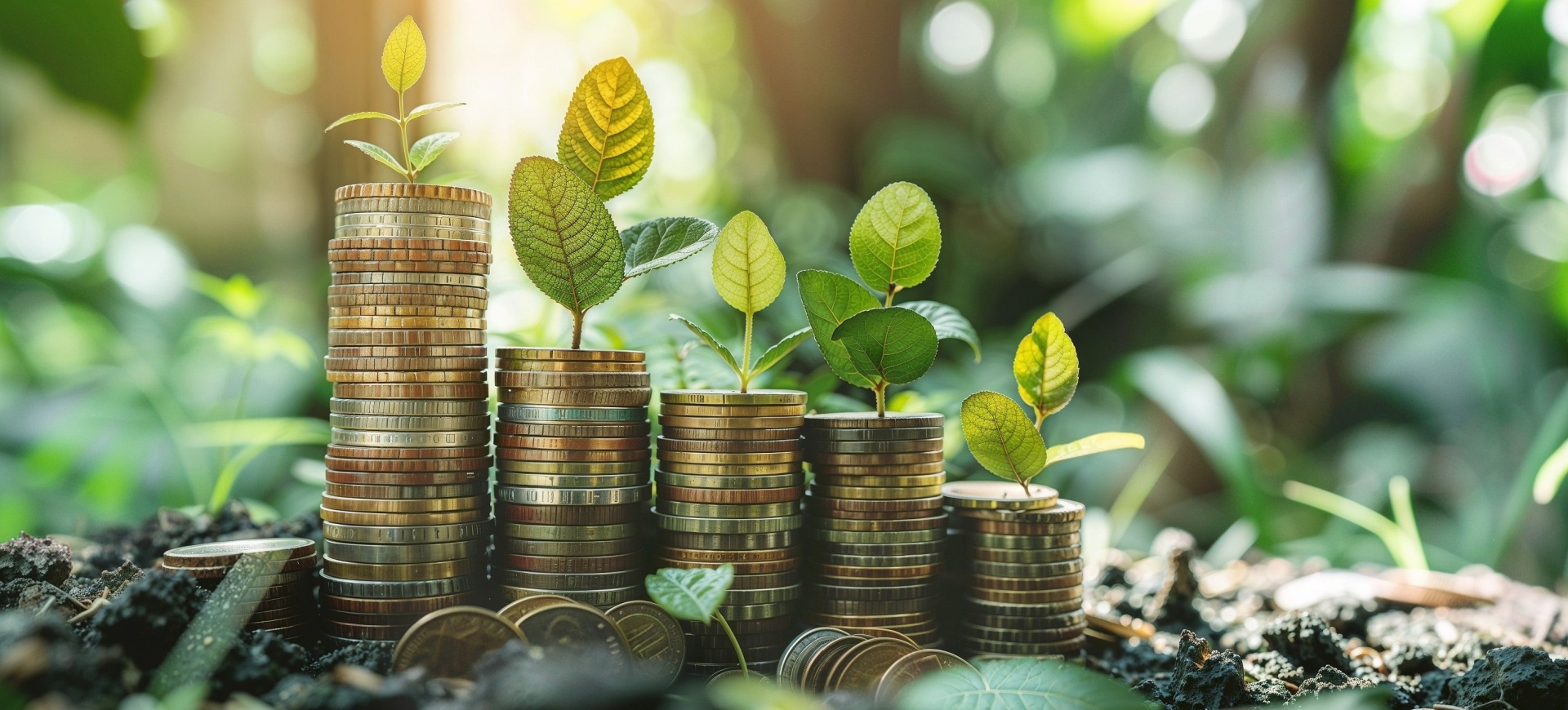Building a fairer and greener world
G20 members must continue to develop multilateral solutions to ensure strong, sustainable, inclusive and resilient economic development and growth
The global economy has shown remarkable resilience in a challenging environment. Across the G20 economies, gross domestic product is projected to grow by 3.1% in 2024 and 2025. This is slightly down from 3.4% growth in 2023 . Meanwhile, inflation has broadly continued to decline in 2024 to 5.9% from 6.3% in 2023. It is projected to decline even further to 3.6% in 2025. Major downside risks come from geopolitical tensions that threaten to further disrupt the rules-based trading system, possibly persistent inflation especially in the services sector, high debt levels and mounting debt-service costs, particularly in developing economies.
As the premier forum for global economic cooperation, the G20 is playing a key role in facilitating multilateral solutions to these shared challenges. To promote strong, sustainable, inclusive and resilient economic development and growth, G20 economies should continue prioritising prudent monetary and fiscal policies to contain inflation, rebuild fiscal buffers and ensure debt sustainability. To improve medium-term growth prospects and help address the longer-term challenges of climate change, digital transformation and demographic shifts, ambitious structural reforms are required. Efforts should aim to facilitate investment, enhance business dynamism and job creation, strengthen labour force participation, improve access to quality education and skills development, and boost trade.
OECD’s Partnership with the G20
The Organisation for Economic Co-operation and Development has been a longstanding and trusted knowledge partner of the G20. Consistent with the above reform agenda, we are currently supporting the priorities of Brazil’s 2024 G20 presidency through our work on:
- Improving productivity and equality of opportunity. The OECD is working with the Brazilian G20 presidency to catalyse ambitious and effective action, seeking to improve access to quality education, enhance job quality, strengthen social safety nets, boost business innovation and prioritise investments in green infrastructure, while also promoting international collaboration in trade and taxation. We are also helping to tackle gender disparities by monitoring progress on the G20 Brisbane Target to reduce the gender gap in labour market participation rates by 25% by 2025 and mapping the challenges faced by women in benefiting from improved access to international markets.
- Supporting efforts to combat hunger and poverty. Recent shocks have disrupted decades of progress in the fight against hunger and poverty. The OECD-FAO Agricultural Outlook 2024–2033 predicts only a 4% increase in calorie intake in low-income countries over the next decade, which is not enough to achieve Sustainable Development Goal 2 on zero hunger. Climate change could also push 132 million more people into extreme poverty by 2030. The OECD is a founding member of the Global Alliance Against Hunger and Poverty, initiated by the Brazilian G20 presidency. By leveraging our data and analysis on development cooperation – including South-South and triangular cooperation, social protection and food security – the OECD is assisting the Global Alliance to better target and tailor hunger and poverty reduction efforts.
- Strengthening domestic revenue mobilisation and international tax cooperation. Through the OECD/G20 Inclusive Framework on Base Erosion and Profit Shifting and its two-pillar solution to address the tax challenges of the digitalising economy, the OECD is helping to deliver transformational achievements in international tax cooperation. This includes the global minimum tax under Pillar Two, as well as a fairer distribution of profits and taxing rights among countries with respect to the world’s largest and most profitable multinational companies under Pillar One. The OECD is further supporting the G20 in advancing discussions on tax transparency and on the effectiveness of domestic tax policies.
- Boosting financial inclusion and well-being. Around 1.4 billion adults globally do not have access to formal financial services, undermining their ability to save, borrow and invest. The OECD is working with the Brazilian G20 presidency to develop a harmonised definition, framework and measurement tool for financial well-being, to allow policymakers to prioritise their financial inclusion efforts and compare and track progress.
- Achieving a just green transition. The direct effects of climate change, along with adaptation, mitigation and transition policies, unevenly affect countries, regions and households. The OECD is reinforcing the G20’s just transitions agenda, spearheaded by the Brazilian presidency, by highlighting the distributional impacts of policy options, in addition to supporting it on sustainable finance, financing for climate-resilient infrastructure and sustainability disclosures. This analysis draws on the work of our flagship Inclusive Forum on Carbon Mitigation Approaches, designed to help optimise the global impact of emissions reduction efforts around the world through better data and information sharing, evidence-based mutual learning and inclusive multilateral dialogue.
The G20 can be a powerful force for fairer and greener policies for better lives. The OECD looks forward to continuing to support the G20 in delivering its ambitious agenda.












